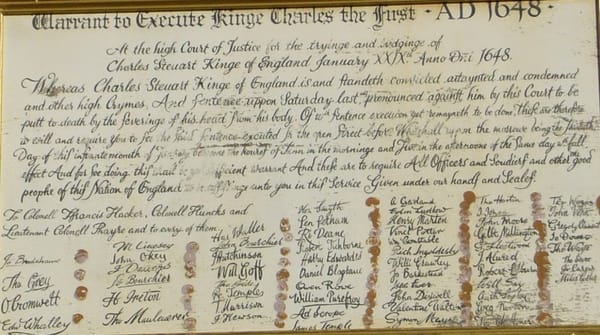The Church as an Operating System: How Latin Became the World’s First Information Monopoly

Long before Silicon Valley, there was Rome.
And after Rome fell, there was the Church — the first true information monopoly in Western history.
When Latin stopped being the language of daily life, it didn’t die. It ossified — becoming the proprietary code of a new empire of minds. The Catholic Church inherited it, encrypted it, and built an entire civilization on its exclusivity.
For nearly a thousand years, if you couldn’t read Latin, you couldn’t access law, science, scripture, or power.
It was the medieval equivalent of owning the internet’s source code.
Language as Capital
The Catholic Church understood something Silicon Valley still worships:
Control the language, control the logic.
Latin wasn’t just a language — it was a platform. The Church ran on it.
- Scripture existed only in Jerome’s Vulgate, a Latin translation few laypeople could read.
- All legal and property records were drafted in it.
- All academic institutions — Paris, Bologna, Oxford — taught exclusively in it.
To access God, law, or learning, you needed a priest — a licensed intermediary.
The Church effectively owned the bandwidth of European thought.
In modern terms, it was a closed system: Apple before Apple — clean, centralized, and non-negotiable.
The Greek Fork
Meanwhile, in the East, the Byzantine Church took a different approach.
It kept the Greek kernel of early Christianity — the open-source language of the New Testament.
Greek Orthodoxy remained multilingual and distributed.
Texts were translated into Slavonic, Coptic, Syriac — accessible to believers in their own tongues.
If Latin Catholicism built a cathedral economy — vertical, hierarchical, rent-extracting — the Greek Orthodox world built a commons economy — collaborative, interpretive, sustained through tradition rather than code.
The West wrote law; the East sang liturgy.
The Reformation: The First Open-Source Revolt
By the 1500s, that monopoly cracked.
Martin Luther translated the Bible into German, committing what was essentially an act of intellectual piracy — a fork of the Catholic codebase.
He argued that the user (the believer) shouldn’t need Rome’s authorization to access divine data.
The printing press amplified the breach. Knowledge, once encoded in Latin manuscripts, went viral in vernacular text. It was the medieval version of Napster meets GitHub — open access meets mass replication.
The Church, like any monopoly, responded with regulation: censorship, Inquisition, and an index of forbidden books — the content moderation of its age.
Latin’s Economic Legacy
Latin’s decline didn’t end its logic. It birthed the academic bureaucracy we still live inside.
Modern universities, scientific publishing, even copyright law all descend from the Church’s model:
- Knowledge as licensed property
- Authority as credential
- Language as gatekeeper
The Enlightenment simply replaced Latin theology with technical jargon — new dialects for new hierarchies.
We still measure intelligence by how fluently someone speaks the system.
The Operating System Still Running
In the end, the Church’s true genius wasn’t theological — it was informational.
It turned language into infrastructure.
It proved that controlling syntax is more powerful than controlling swords.
Latin built the first data empire.
And in every patent, academic paper, or proprietary algorithm today, you can still hear its ghost — whispering in the syntax of power.
This article was developed with the assistance of AI tools to support research, drafting, and editing. Learn more.




